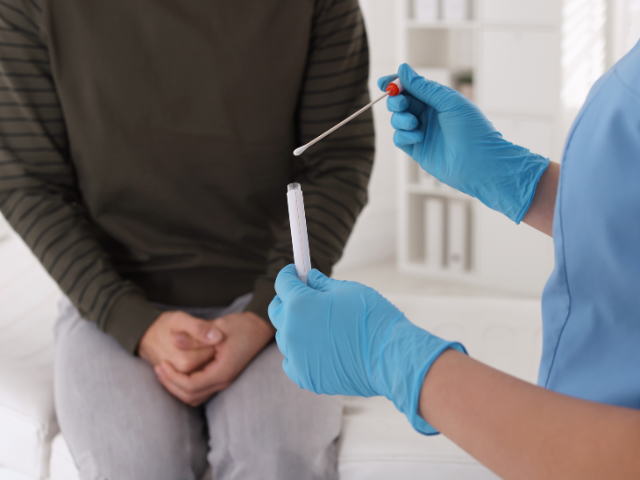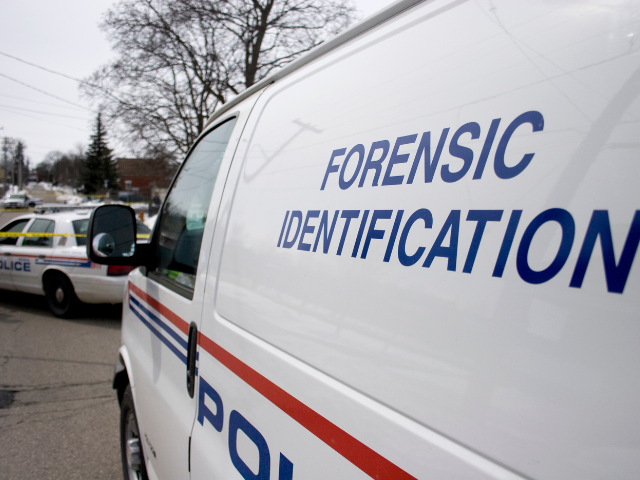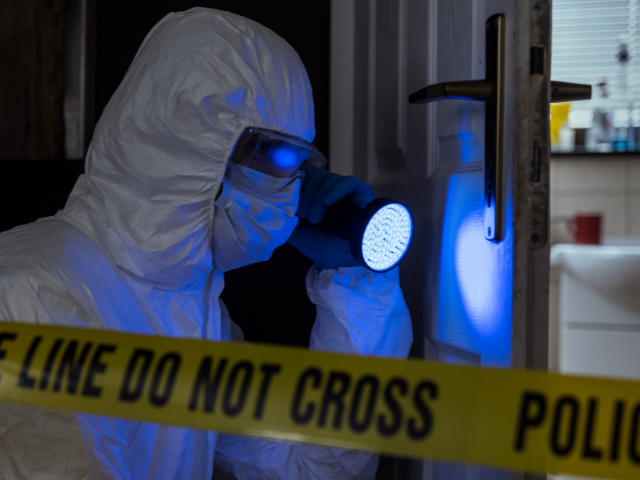What Education Do I Need for Forensic Nursing?
Like all nurses, those who specialize in forensics are educated and trained in anatomy, physiology, pharmacology, and assessment. However, they care for patients who have experienced neglect, intimate partner violence (IPV), and other traumatic situations.
Forensic nurses can be licensed practical nurses (LPNs), registered nurses (RNs), or advanced practice registered nurses (APRNs). Some will pursue additional certifications and trainings through university programs or institutions like the Forensic Nursing Certification Board.
Still others work without additional formal education or training because of their on-the-job experience in trauma-informed care, such as working in correctional facilities or community crisis centers. Nurses often learn the essentials of evidence-based, compassionate care when treating those in marginalized situations like incarceration or after a disaster.
Where Do Forensic Nurses Work?
Forensic nurses often do not have a singular career path, as there are many routes to being a forensic nurse.
Common places of employment include:
- Correctional facilities
- Psychiatric hospitals
- Public health departments
- Nonprofit organizations
- Domestic violence shelters
- Military health services
- Hospitals
- Community health centers
What’s it Really Like Working as a Forensic Nurse?
Forensic nurses can teach, work in management roles, and provide consulting services, among other opportunities. They also work on crisis intervention teams, emergency disaster response teams, and death investigations.
Responsibilities differ based on the population being served. For example, a forensic nurse working with children who recently experienced abuse and neglect might have different duties compared to a nurse working with law enforcement on a death investigation scene. Since forensic nurses can work with all age groups, law enforcement, and legal teams, the day-to-day routine can vary.
TV is not always reality, but many forensic nurses do work alongside law enforcement, legal teams, patient care, and other clinical staff, making them pivotal to victim support and intervention.
Despite the varied employment opportunities, common duties include:
- Providing quality evidence-based, trauma-informed care.
- Collecting medical specimens and data as appropriate.
- Ensuring the patient is respected and heard throughout the medical/legal processes.
- Collaborating with clinical and nonclinical staff in patient and case evaluation.
- Bringing a nursing perspective to care survivors of violence and trauma receive.
- Administering medications.
- Educating patients and staff as appropriate.









